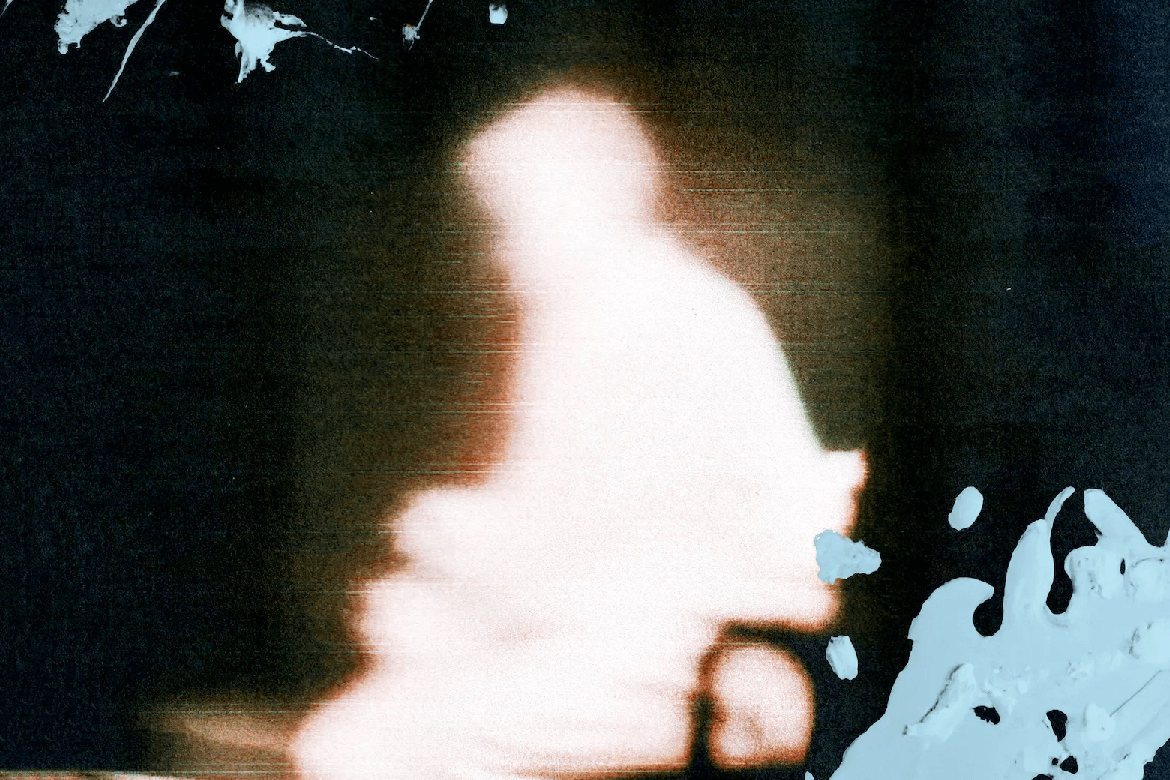“Feel the thunder, fate will call your number.”
It’s hard to believe that Chicago natives Knuckle Puck have become veterans of the scene; I remember all the hype surrounding Copacetic, and now they’ve been a mainstay of the scene for the better part of a decade, appealing to listeners with their passionate songwriting and hooky pop-punk anthems. Recently, in 2020, I thought their third full-length, 20/20, was severely underrated and had some of their best material yet, so I was excited going into their upcoming album, Losing What We Love.
The record flashes tight, effective song writing, and the band gave us a peek of that with lead single “The Tower”. This is one of the heavier tracks in the band’s discography, which I love to see. It has acontinuous dynamism, and vocalist Joe Taylor very much contributes to that, with multiple vocal styles that even approach close to screams. Quite charming, too, is how the bridge sets up what seems like a metalcore-esque breakdown build-up but instead abruptly ends, and the song instead chooses soft singing to follow. Despite its jarring nature, it really works and enforces the dynamic nature of the track.
Following song “October” has a weird sound to it straight from the outset. The instrumental almost seems like it’s stuttering, which continues until the first chorus. It makes it a bit difficult to engage with, since the vocals aren’t leaning into the sound, and I’d prefer if an intro instrumental like this fully committed to the weird, off-rhythm sound. The back half of this shorter cut reverts into a standard pop-punk sound and structure, leaving me confused at its worth within the track listing.
“You and I” is jarringly upbeat in comparison, yet a strong track for the same. Lyrically, it’s the most catchy so far, with the hook coming across as both confident and confrontational. Ultimately, it’s still a standard pop-punk track with theming that is very much well-treaded in the genre. However, it’s done well within those known aspects, and that has always been the band’s bread and butter.
We then get what was another teaser, and title track, in “Losing What We Love”. I’m admittedly a little torn on this one; I like both the sentiment of the track lyrically, and only portions of it musically. For the former, we get simple yet effective lyrics such as “So who are we, now that you’re not around.” For the latter, the sultry outro that extends for the back third of the track is very well done. There are quaint guitar licks and some haunting backing vocals. Where I find issue with the song is the first 50-60%, where it falls into the failings of much of the album’s runtime in just being a listenable pop-punk outing.
“Groundhog Day” is a standout, with its juxtaposing sections of Taylor singing “Groundhog Day, nothing of you will remain // please don’t stay,” versus the other sections of belting vocals and energized guitar work. There’s also the metaphorical nature of the track, as the lyrics equate Groundhog Day to someone only coming out every so often, which is probably something that mostly everyone can relate to, either with themselves or others. The impactful track then fades out with a heavier chord progression to punctuate it.
There are a handful of tracks that really stand in the way of this album standing up to the quality of 20/20. There’s the opener, “A New Beginning”, which is not the worst cut. The opening riff has a nice amount of bass to it, and both the verses and choruses pack a punch, but overall there’s little to garner the interest of a listener over their preferred pop-punk outfit. That can also be said for, unfortunately, a handful of other tracks, namely “Act Accordingly”, “Out of Touch”, and “Worlds Apart.” All three of these have a decent energy to them but are still lacking in delivery and substance. I do think the drumming by John Siorek holds a lot of the runtime of these together, for what that’s worth.
Thankfully, “Better Late” begins to redeem the back half of this record. It starts with a pleasant riff that then adds a vocal effect leading into the first verse – some creativity! This is another example of a punchier, heavier instrumental which I think aids the overall impact of the band’s song writing style. The hook on “Better Late” is also noticeably more climactic and emotional, which is otherwise lacking at times. Then there’s the group vocals on the outro, which is one of the best moments on the album as a whole.
Losing What We Love concludes with a mostly acoustic ballad in “Fool.” This is a fine cut but nothing special. Taylor’s top line here is among the best on the album, and it has a fairly grandiose finish, capping the album in a fitting manner. However, as is evident across this review, there is a distinct lack of impressive, unique moments. There are a good handful of strong tracks, but even those struggle to keep me returning to them. Knuckle Puck has had its core five members for over a decade, and I felt like that was a big reason as to why the band kept improving and delivering on their large initial hype. Losing What We Love is a slight misstep in that upwards trajectory. Despite that, fans of the band and genre can certainly find something to like here, even if it is no classic.
5/10
Losing What We Love releases tomorrow, October 20th, via Pure Nose Records, and you can pre-order it here.

